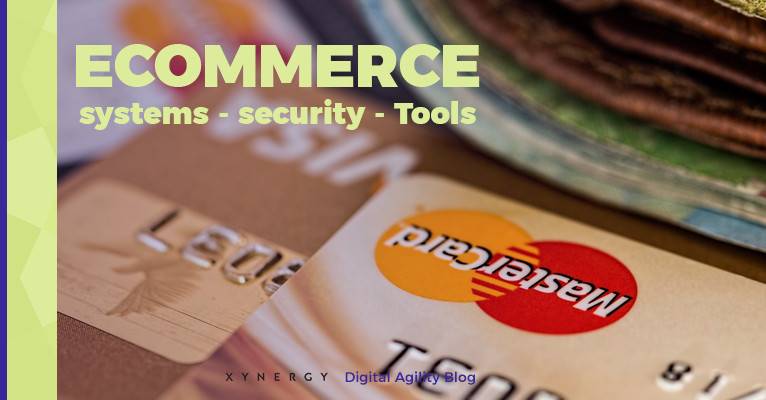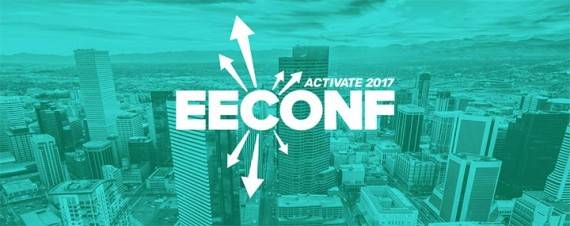So much has been written about E-Commerce. Unfortunately the term is so broad that it is almost meaningless. It can span from something as huge as Amazon.com's worldwide order fulfillment process to a blog site selling an ebook for downloading. When it comes to talking about your E-Commerce site, there are many aspects that deserve consideration.
One of the primary questions to be answered is,
“Will your website exist for the purpose of selling products, or will products be an ancillary concern?”
Many other decisions will stem from this basic choice.
Amazon.com doesn't use the same software to run their business that a blog does. Makes sense, right? This distinction applies to sites all along the continuum between these two extremes. We will recommend an appropriate Content Management System (CMS) based in part on the answer to this question.
If you have a thousand products to sell to a lot of customers (hopefully), you will likely want your website to handle as much of that functionality as possible. That means, storing the prices, descriptions, and options for each product, creating appropriate orders, applying the right taxes, figuring out the right shipping costs, charging the customer's credit card, producing an invoice for the customer, and notifying you to fulfill the order.
Inventory Management, Orders & Customer Support
Inventory management, reporting, analysis, refunds, returns, and customer communication all play into the process as well. If you have one product to sell to a few people, you still have to do all of these things. How you do them, however, can be very different. A large site requires instant credit authorization for orders, so you need to have a merchant account and a payment gateway through which to access it. There are a lot of fees and paperwork that go along with this, both monthly and transactional. If you already have a merchant account for your retail store, you are familiar with this bit of overhead.
Merchant (Bank) Account and Payment Gateway
The payment gateway allows your website to talk to your merchant account. And, oh, by the way, your bank may require you to have a separate merchant account for online transactions. At the very least, it will charge different, higher, transaction fees since the risk is higher for an online transaction than for an in-person “card-present” transaction. A small site might use PayPal and/or Google Checkout to avoid all of this overhead. Be aware that offering only these alternatives for your customers somewhat brands your site as a low-budget endeavor. You also must factor in your current or expected customer base and their expectations.
Shopping Cart Abandonment due to Difficulty of Use
Remember that now that E-Commerce is commonplace, the experience your customers have on your site is being compared to all other sites they have frequented. So if your site does things in a non-standard, un-intuitive way, it can cost you sales. “Shopping cart abandonment” is a phenomenon that is closely monitored by the big online retailers – you may have done it yourself, where you get to the checkout process and decide half-way through that you don't need that gewgaw badly enough to finish the transaction. You will want to minimize this by using the best shopping cart software possible.
The trick to choosing the right path for your needs is to find the platform that best meets your current needs and projected needs for a year or two. So many things will change in that time that it is not realistic to foretell the future and pick the best route for the next ten years. By choosing correctly for the present and near term, and then making full use of the standard features of that platform, you will invest your capital in the most efficient way possible. Build-it-and-they-will-come may have worked for a few, but there are many who built it and no one came. (If you have venture capital to burn, call us!) (If you don't, call us anyway, we understand.) Incremental and iterative site development is becoming a great way to test out ideas and find out what customers really want (and will pay for). Hint: It's almost never what they said they wanted or what you thought they wanted. We love creating the unique and wonderful sites that our clients have come to expect.
Here's the latest that won an award: https://xynergy.com/portfolio/
Contact us for help with your Ecommerce System.
or Call 505-557-7780




